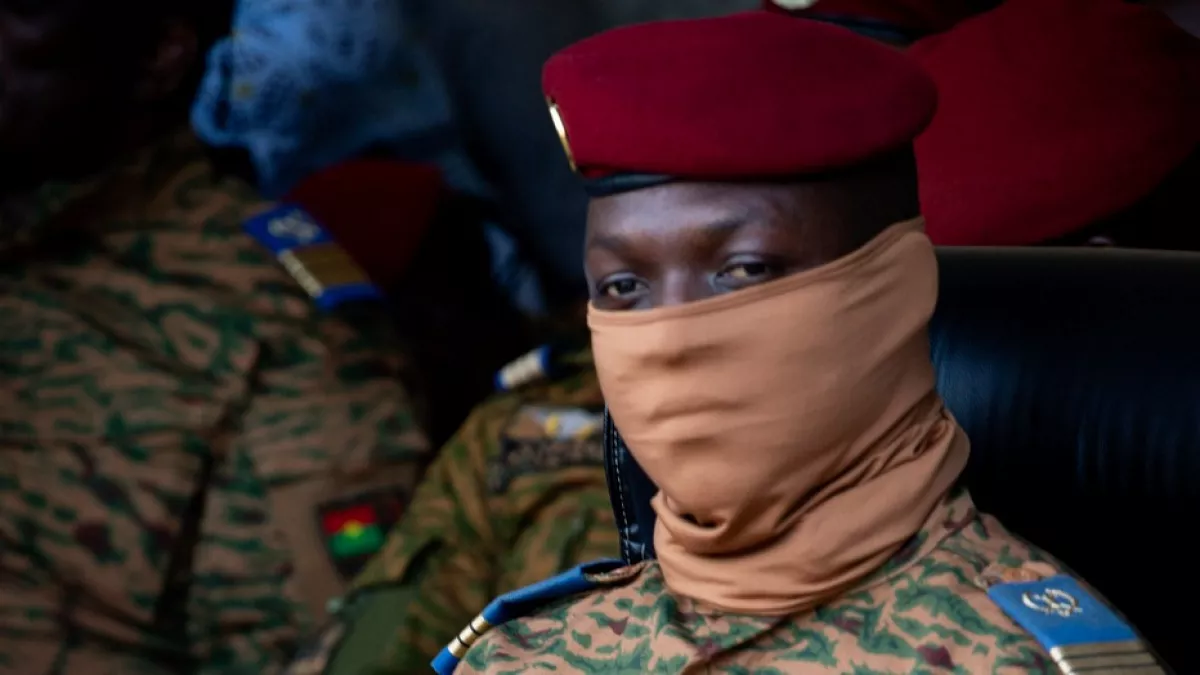
The Burkinabe government has announced the suspension of an international NGO amid allegations of espionage, raising concerns about the security of foreign humanitarian operations in the country.
Speaking at a press conference on Tuesday, Security Minister Mahamadou Sana revealed that authorities had dismantled a network operating under the cover of humanitarian work, linked to the International NGO Safety Organisation (INSO), based in The Hague, Netherlands.
The organisation, present in Burkina Faso since 2019 to support other NGOs in security matters, is now accused of gathering sensitive information on the country’s Defence and Security Forces (FDS).
“Following a citizen’s denunciation, intelligence services discovered that INSO was collecting information on military movements, operational deployments, and incidents involving improvised explosive devices,” Minister Sana said.
Authorities stated that seven individuals – including French, Czech, and Malian nationals – have been arrested in connection with the alleged espionage.
Those detained include Jean-Christophe Emile Pegon, INSO’s French country director, Aminata Marianne Guissé, a French-Senegalese deputy director, and Thomas Muzik, a Czech deputy general director, alongside several Burkinabe employees.
According to the government, the network operated on three levels: former FDS members serving as advisors, field agents responsible for gathering data, and community liaison officers in multiple regions who were reportedly compensated for their contributions.
The Ministry asserts that the activities continued even after the NGO’s suspension on July 31, 2025.
INSO’s country director reportedly admitted to instructing staff to collect information, though he did not clarify the intended use of the data. The seven suspects are to face prosecution under Article 311-4 of the Burkinabe Penal Code, which governs espionage and treason.
The case has sparked a wider debate on the role of international organisations in Burkina Faso and the risks associated with humanitarian work in a context of heightened security concerns.
Government officials emphasised that protecting national security remains a top priority, while human rights groups are monitoring developments closely to ensure due legal process.
The proceedings mark a significant moment in Burkina Faso’s ongoing efforts to safeguard state security amid regional instability and persistent threats from armed groups.



